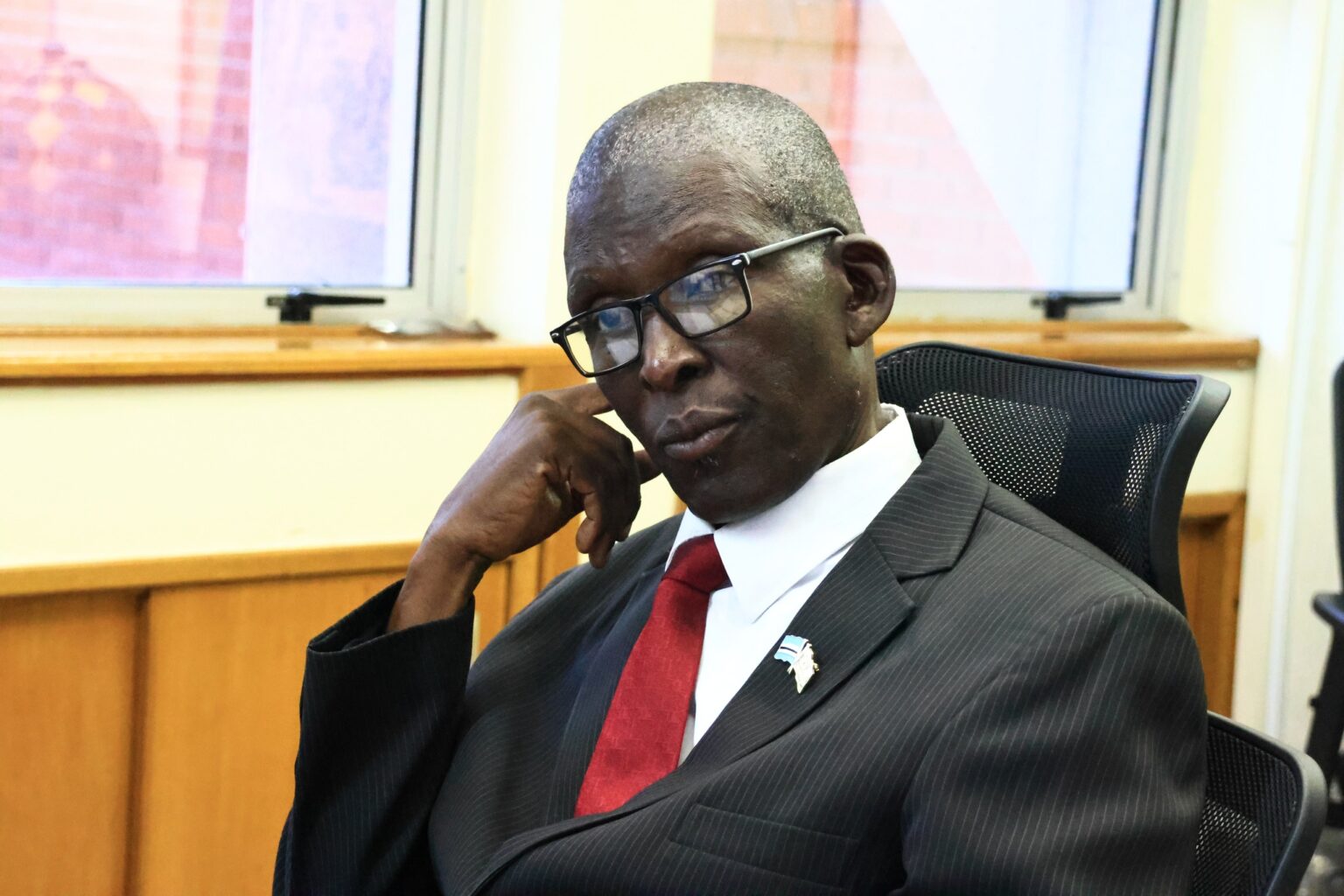Minister of Lands and Agriculture, Dr. Micus Chimbombi, has called for a review of Botswana’s two-year-old ban on the importation of certain horticultural products. Speaking during an interview on Monday, Dr. Chimbombi emphasized the need for a comprehensive assessment of the ban’s impact, both positive and negative.
“We are looking into what it is serving and what it should be serving for the benefit of stakeholders involved or the detriment it is causing,” he said.
This review comes as public debate over the import ban intensifies, with stakeholders expressing mixed reactions regarding its efficacy.
A Controversial Policy
Implemented in January 2022, the vegetable import ban aimed to boost local horticultural production by restricting imports of vegetables such as onions, butternuts, tomatoes, and cabbage. Initially set to end in January 2024, the ban was extended to December 2025, and its scope was widened to cover 32 vegetable commodities.
The Botswana Democratic Party (BDP) recently declared the ban a success, citing a 71% reduction in the horticultural import bill, increased local vegetable production, and the creation of new revenue streams for farmers. However, many Batswana remain skeptical of these claims, citing high prices, poor quality of produce, and limited variety as major drawbacks.
Farmers vs. Consumers
While local farmers have benefited significantly from the ban, consumers have raised concerns about its impact on affordability and quality. A common sentiment among citizens is that the ban prioritized farmer empowerment at the expense of consumer needs.
“We are pleased to see our fellow Batswana farmers thriving; however, we are concerned about the inflated prices and the low quality of produce. Batswana deserve value for their hard-earned money,” said one citizen.
Critics also argue that the ban was implemented prematurely, without ensuring that local farmers had the capacity to meet demand sustainably. This, they say, has led to short-term gains for farmers but has not addressed structural challenges in the horticulture sector.
Advocating for Refinement
The debate has spurred calls for a more balanced and flexible approach. Many suggest that the government temporarily reopen borders during periods of local shortages and enforce stricter quality standards for local produce.
“Much as we agree with the idea in principle, it must be reviewed and not be a blanket ban. Borders should be open for shortages and closed when there is availability,” one commenter remarked.
Others have emphasized the need for strategic investments in local farming infrastructure, training, and business development to ensure the long-term sustainability of the sector.
Regional Impact
The ban has also affected Botswana’s neighbors, particularly South Africa, whose vegetable exports to Botswana have dropped by 55%since the ban was implemented. Agricultural economists in South Africa have warned of further losses, but proponents of the ban argue that reducing dependency on South African imports is a necessary step toward food security.
The Way Forward
As the government embarks on a review of the ban, stakeholders hope that their concerns will be addressed. For many, the policy remains a crucial yet flawed step in Botswana’s journey toward agricultural self-sufficiency.
Dr. Chimbombi’s proposed review offers an opportunity to strike a balance between empowering farmers and ensuring consumers have access to affordable, high-quality produce. The outcome of this process could shape the future of Botswana’s agricultural sector and its broader economic landscape.










